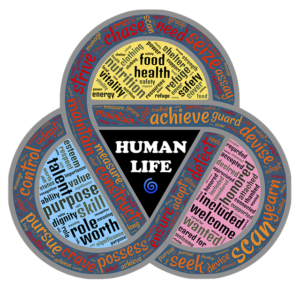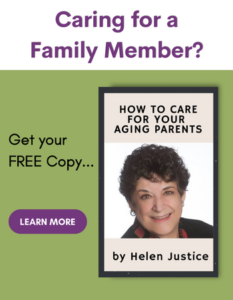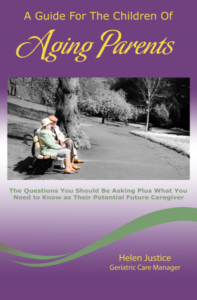As a Geriatric Care Manager, I have had the privilege of having first-hand conversations with many seniors and their family members. I know the issues that are top of mind for seniors and I know the recurring questions about options available to them as they age and experience health issues. One question in particular that …
Category: Caregivers
Tips for Staying Healthy as You Age
The longer we can have good health, the better! This includes our mental and emotional health as well as our physical health. Our physical health is our responsibility and as we age it becomes more important for us to understand that we can and do have some control over our health. This isn’t to …
Adult Day Care
Adult Day Care as an Alternative to In-Home Care When your mother, father or grandparent starts to age, he or she may develop mental or physical problems that prevent them from being left alone. Dementia is the leading cause of loss of cognitive function and leaves your aging family member vulnerable to harming themselves because …
Medical Aspects of Caregiving
Encouraging routine physical examination As a caregiver, you are in a position to help your care-receiver along the road to good health care by encouraging routine physical examinations. You are valuable in helping the care-receiver talk to their doctors and other medical personnel. You can follow through with their medical treatment at home. However, …
Personal Care
Personal care activities include eating, bathing, shaving, caring for the skin, hair and mouth, and transferring (moving from chairs, toilets or bed). During the course of our daily lives these activities are taken for granted until weakness or a disability makes them difficult to accomplish independently or safely. Providing assistance requires knowledge, patience, skill and …
Caring for the Caregiver
Caregivers experience mixed emotions. Love for your family member and the satisfaction you derive from helping may coexist with feelings of resentment about the loss of your privacy and frustration at believing you have no control over what happens. You may find it hard to accept the decline of the special person for whom you …
Common Problems in Caregiving
The first step in organizing a rational care plan is making a list of needs. As family members or friends care for an impaired elderly person, several questions present themselves: What are his/her needs? What kinds of care are needed to allow the elderly/impaired person to remain in the community? Who is going to provide …
Caring for a Loved One at Home
Informal caregivers are family, friends and volunteers who provide care and support for an aging loved one. These selfless individuals are rarely paid for their services and often endure a significant amount of stress while providing care. Health in Aging estimates as many as 43.5 million Americans care for older parents, grandparents, spouses and other …
What to Do When an Aging Loved One Dies
If and when my parent passes away (which will likely take place in my own home), I wouldn’t know what to do. Most people don’t know what to do. The process itself is overwhelming to think about. Take a deep breathe, the next few moments maybe may be a little hectic. Things to consider …
Include End-Of-Life Planning When Anticipating Long Term Care
A key deficiency in the process of planning for long term care occurs when seniors fail to provide for orderly distribution of assets at death and fail to let their family know what to do when the senior can no longer handle his or her own affairs. Estate planning from a qualified estate planning …













Stay Up To Date With AWGCM